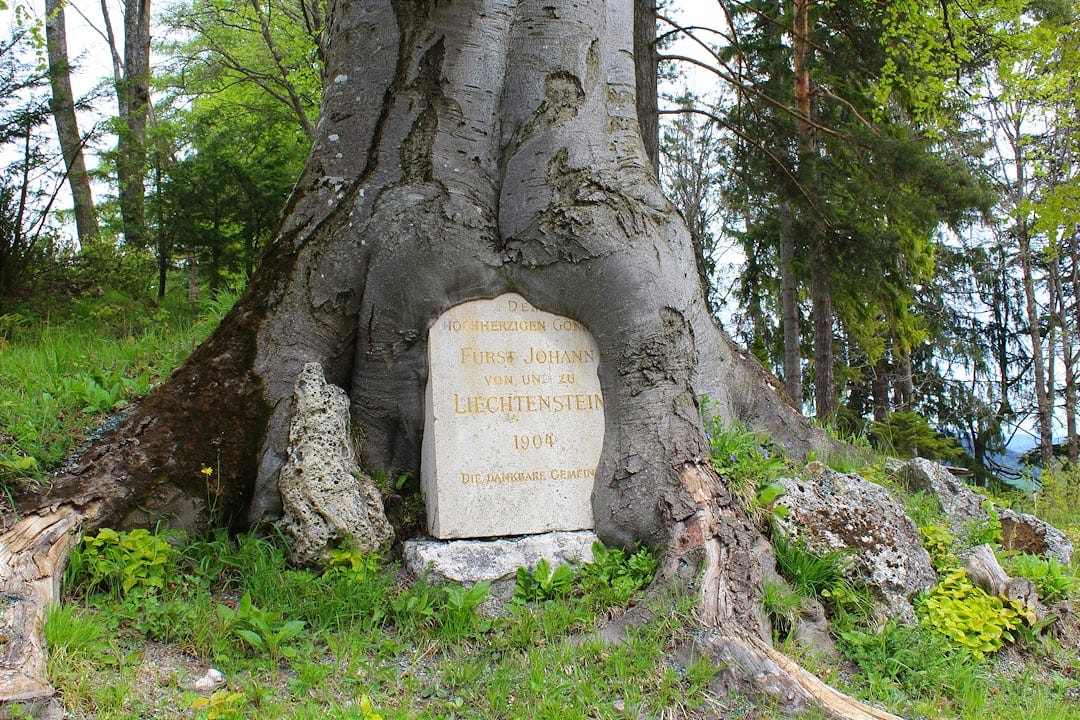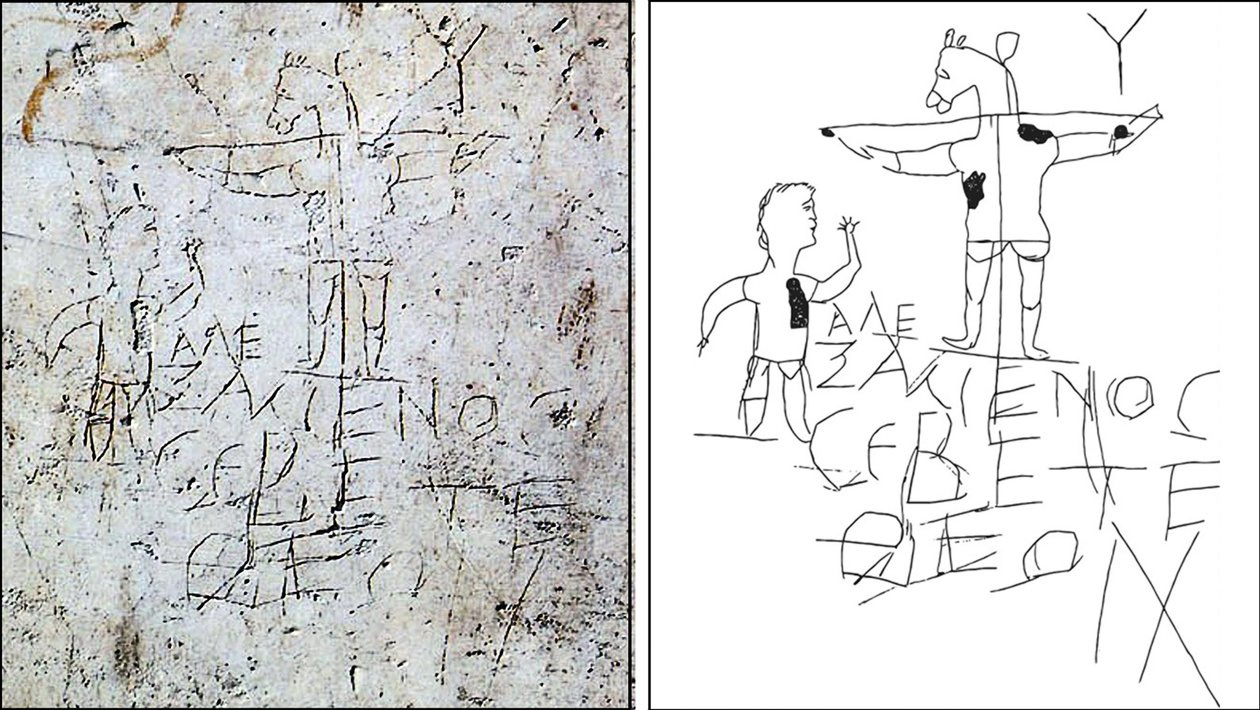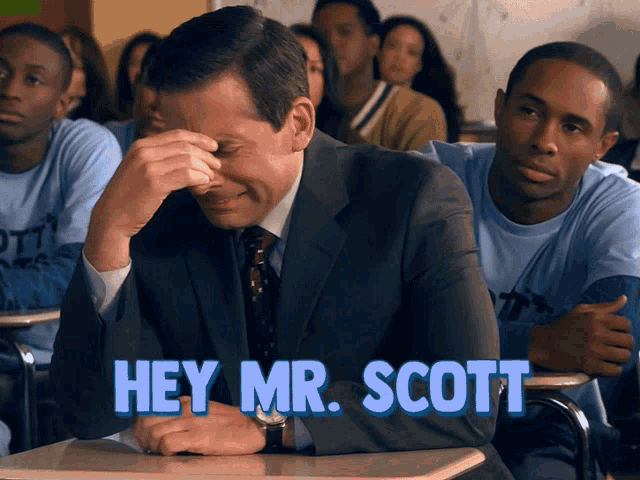I can’t watch cringe TV or injury replays. Do you have a show where you involuntarily cover your face with your hands and peek through your fingers? My personal horror films are shows like Impractical Jokers and Punk’d. The humiliation factor is too high. And why on Earth do we need to see a replay of an athlete rolling their ankle? “Yep, Bob, it’s definitely a high ankle sprain. You can see it rightttttt… THERE! See how the tibia is nearly touching the ground? Let’s zoom in and watch it in slow-mo while we wait on the stretcher.” NOPE. I’m out. Someone let me know when it’s safe to look again.
Gabor Maté said, “The attempt to escape from pain is what creates more pain.” Maté, who specializes in addiction and stress, notes that our inability to sit with and understand our pain is the driving force of our many disorders. In small part, that’s why I will walk straight out of the room during The Office’s “Scott’s Tots” episode. “Hey, Mr. Scott, whatcha gonna do, whatcha gonna do to make our dreams come true?” ⏭️
Our desire to escape painful situations can turn serious. Instead of saying, “I’m sorry” (painful), we have another glass of wine (pain numbing). Life, if you haven’t noticed, is extremely painful. Accordingly, our pain strategies turn us to alcohol, money, sex, work, food, Substack, friends, working out, marriage, vacations, games, beauty, kids, Facebook, schedules, 401(k)s, straight A’s, fishing, and Marvel movies. (Only one of these things has never applied to me. I’ll let you guess which. Okay… I never got straight A’s. HAPPY! I’m gettin’ a beer.) All these good things can turn into soul-numbing, brain-rotting, heart-breaking addictions if we use them to hide from our pain.
The hardest thing to face in life is far from a bad episode of The Office or learning how to apologize. Try not to hide your eyes or skip this lesson because we need to talk about the pain of death.

Our church prayer list is in 10pt font, front and back, and single-spaced. Those who pray it faithfully have learned to live in the shadow of death. On a weekly basis, I hear my fellow pastors say, “I’m going visiting.” We all know what they mean. In homes and hospitals, they pour themselves out as drink offerings—a sacrifice of love to those resting at death’s door.
I don’t enjoy making those visits, and I wish I weren’t on a first-name basis with guys who work at funeral homes. But is it possible to skip death and hop right to resurrection? No. There is no resurrection without death and no Easter without Good Friday.
Guided by the Apostles’ Creed, Christians believe that Jesus “suffered under Pontius Pilate, was crucified, dead, and buried.” Crucifixion could take hours or even days. The Roman goal of crucifixion wasn’t death but humiliation and prolonged suffering. So why did ancient Christian ancestors create a creed to exalt in Jesus’ death? Far from covering their faces in shame for His criminal punishment, why would they worship and boast in the cross of Christ?

God was fulfilling an age-old promise of salvation. Jesus didn’t skip the cross—He endured it. He took on our punishment. The death He died wasn’t random or meaningless—it was for us. And because of His death, we live.
This is why we confess that He “was crucified, dead, and buried.” It’s not just history—it’s hope.
In the shadow of death, we look to the cross and see Christ's love poured out. This is where grace and mercy meet us.
Place your trust in the One who endured the cross for our sake, and join the other readers in a corporate confession of sin. Let’s pray:
“Father of mercy, we confess that our sin placed your Son on the cross. Lord Jesus, we thank You for bearing our punishment and granting us forgiveness through Your death. Holy Spirit, assure us of our salvation and lead us into new life in Christ. Amen.”
Thanks for praying; God Bless You! I hope you’ll read and pray with us next Saturday at 10 a.m.






You are an inspiration to me, and I always enjoy visiting with you!
Very good. Without suffering, Without death, we would not live.